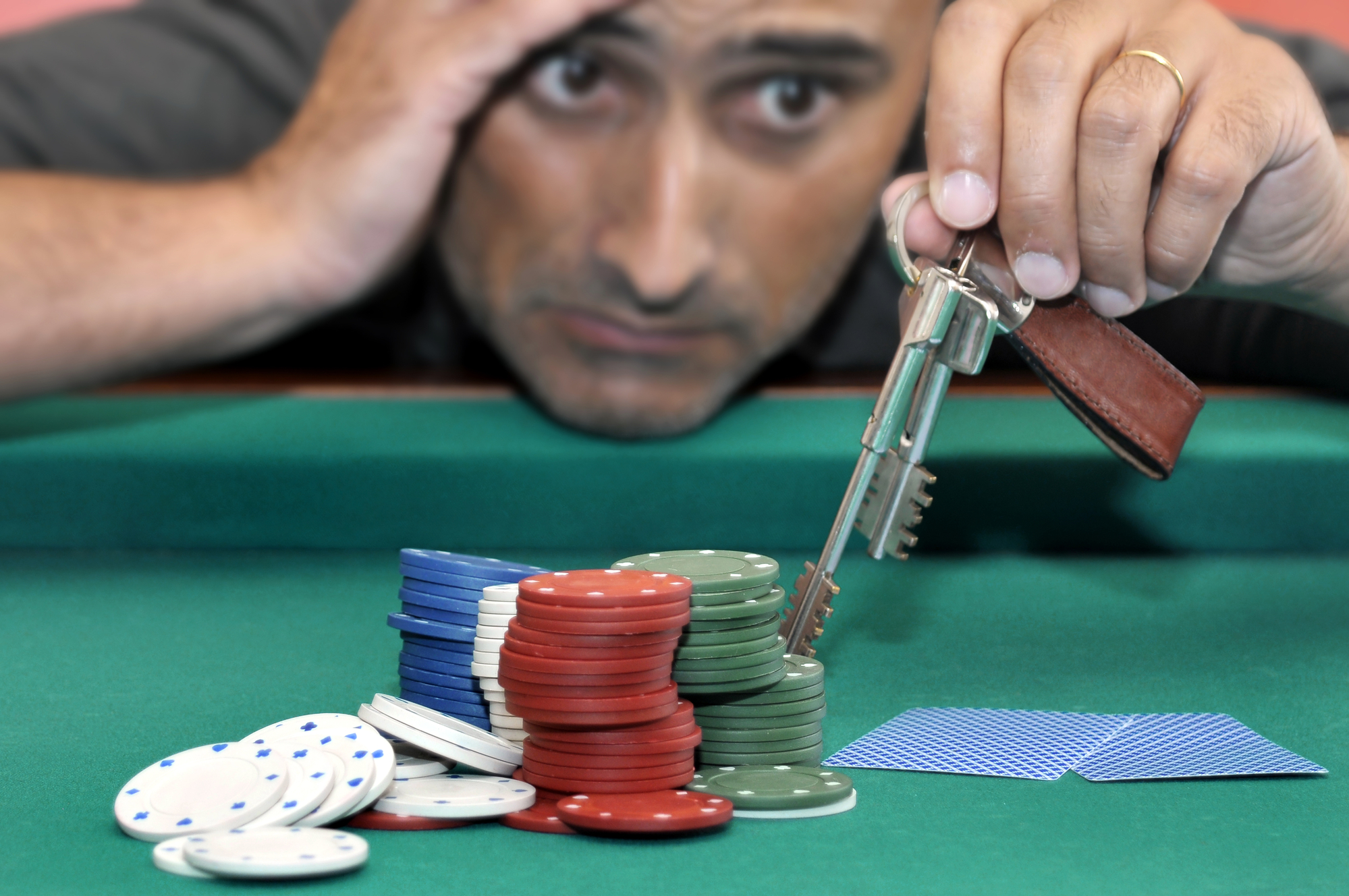Gambling addiction can have severe consequences for many aspects of a person’s life, including financial, emotional, and social well-being. The Florida Council on Compulsive Gambling, the nonprofit tasked with overseeing Florida’s efforts to prevent addictive gambling, is facing significant challenges in meeting the surge in demand following the proliferation of sports betting apps, according to local news network WPTV.
The Executive Director, Jennifer Kruse acknowledged the strain on their services, noting a staggering 138% increase in calls from December to January alone. Despite their best efforts, there’s a concern that they may be unable to assist everyone seeking help.
Why Do People Become Addicted to Gambling?
People can become addicted to gambling for various reasons, and it often involves a combination of psychological, biological, and environmental factors. Genetics can play a role in predisposing people to addiction, including betting addictions. Research suggests that certain genetic variations may increase the likelihood of developing addictive behaviors. These behaviors may serve as a way to cope with negative emotions or escape from reality temporarily.
Environmental factors such as exposure to gambling at a young age, family history of addiction problems, peer pressure, or cultural factors can influence the development of an addiction.
The intermittent rewards and reinforcement associated with gambling, such as occasional wins or near-misses, can trigger the brain’s reward system and reinforce addictive behaviors. It’s not uncommon for people with this addiction to have other addictive behaviors or substance use disorders.
Some people with existing substance use disorders may be more susceptible to developing behavioral addictions due to shared underlying factors such as impulsivity, reward-seeking behavior, or coping mechanisms.
Symptoms of Gambling Addiction
Gambling addiction, also known as compulsive gambling or gambling disorder, is a behavioral addiction characterized by the inability to control gambling impulses despite adverse consequences. Symptoms of addiction can vary but often include:
- Preoccupation with Gambling: Constantly thinking about gambling, planning the next bet, or reminiscing about past wins.
- Inability to Stop or Control Betting: Difficulty in stopping or reducing gambling, even when attempts are made.
- Spending Increasing Amounts of Money: The need to gamble with larger dollar amounts or more frequent playing to achieve the desired excitement or satisfaction.
- Restlessness: Or irritability when attempting to cut down or stop.
- Chasing Losses: Continuing to try to win back money that has been lost, often leading to further losses.
- Lying: Hiding the extent of the behavior from family, friends, or therapists.
- Financial Problems: Experiencing financial difficulties such as debt, borrowing money, or selling possessions to finance issues.
- Neglecting Responsibilities: Neglecting responsibilities at work, school, or home due to gambling activities.
- Relationship Problems: Experiencing strained relationships with family, friends, or significant others due to the behavior.
- Escapism: Using gambling as a way to escape from stress, anxiety, depression, or other negative emotions.
These are just a few symptoms of gambling addiction, which can vary from person to person. If you or somebody you love has an addiction, seek help from a qualified professional.
Increased Help-Seeking Activity in Florida
Kruse highlighted the overwhelming rise in texts and chats, attributing it to the convenience of messaging through mobile apps. However, she expressed doubts about the sustainability of this trend, comparing it to a business experiencing sudden and unsustainable growth.
Projections indicate a substantial uptick in calls for the current fiscal year, with a notable increase among young adult men. This surge coincides with the recent legalization of Super Bowl betting in December, with the American Gaming Association anticipating a record-breaking 67.8 million Americans participating, representing a 35% increase from the previous year.
Funding for Gambling Hotline Needs Increase
Despite the escalating demand, the funding for the compulsive gambling program has remained stagnant since the 2016-17 fiscal year, falling short of the $250,000 mandated by state law. The contractual obligations for advertising are specific to certain areas, such as requiring 15 billboards in Miami-Dade County, so much of the activity won’t reach its intended audience statewide.
Eric Carr, from the Florida Gaming Control Commission clarified that the current funding framework is determined by state law. The contract overseeing the program is due for renewal in 2024, raising questions about potential updates to address the growing demand and evolving gaming landscape.
If you or someone you know is experiencing symptoms of addiction, seeking professional help from a therapist, counselor, or support group specializing in treating gambling disorders is crucial for recovery.



Leave A Comment
You must be logged in to post a comment.